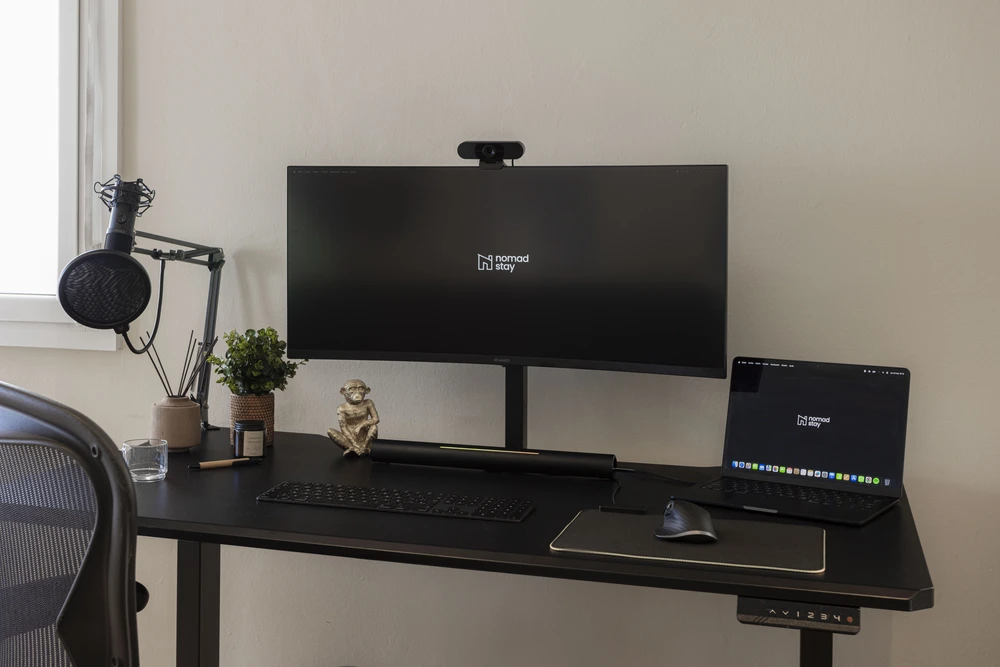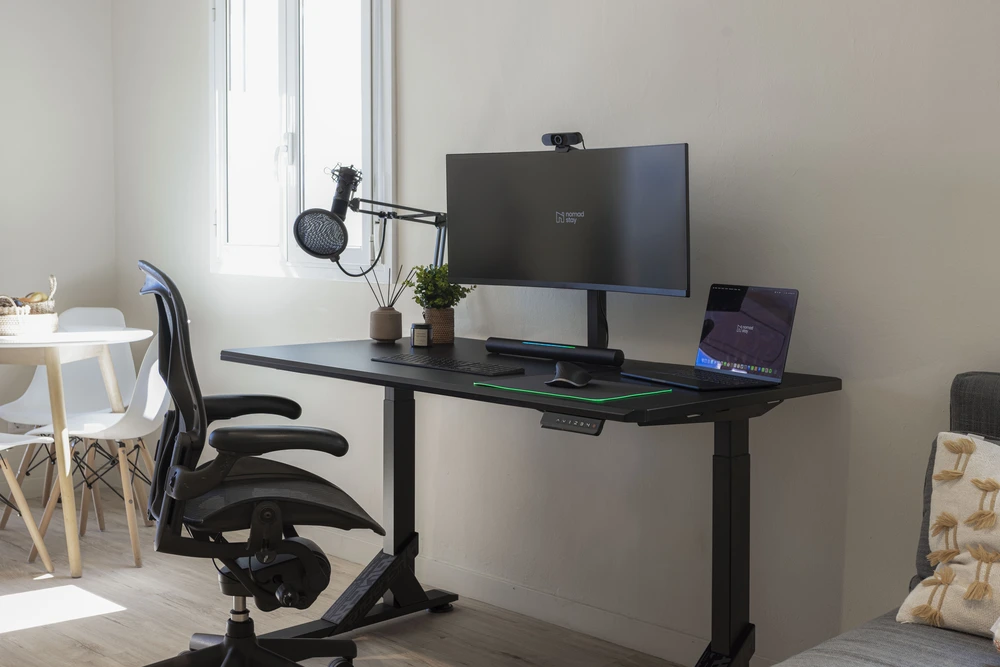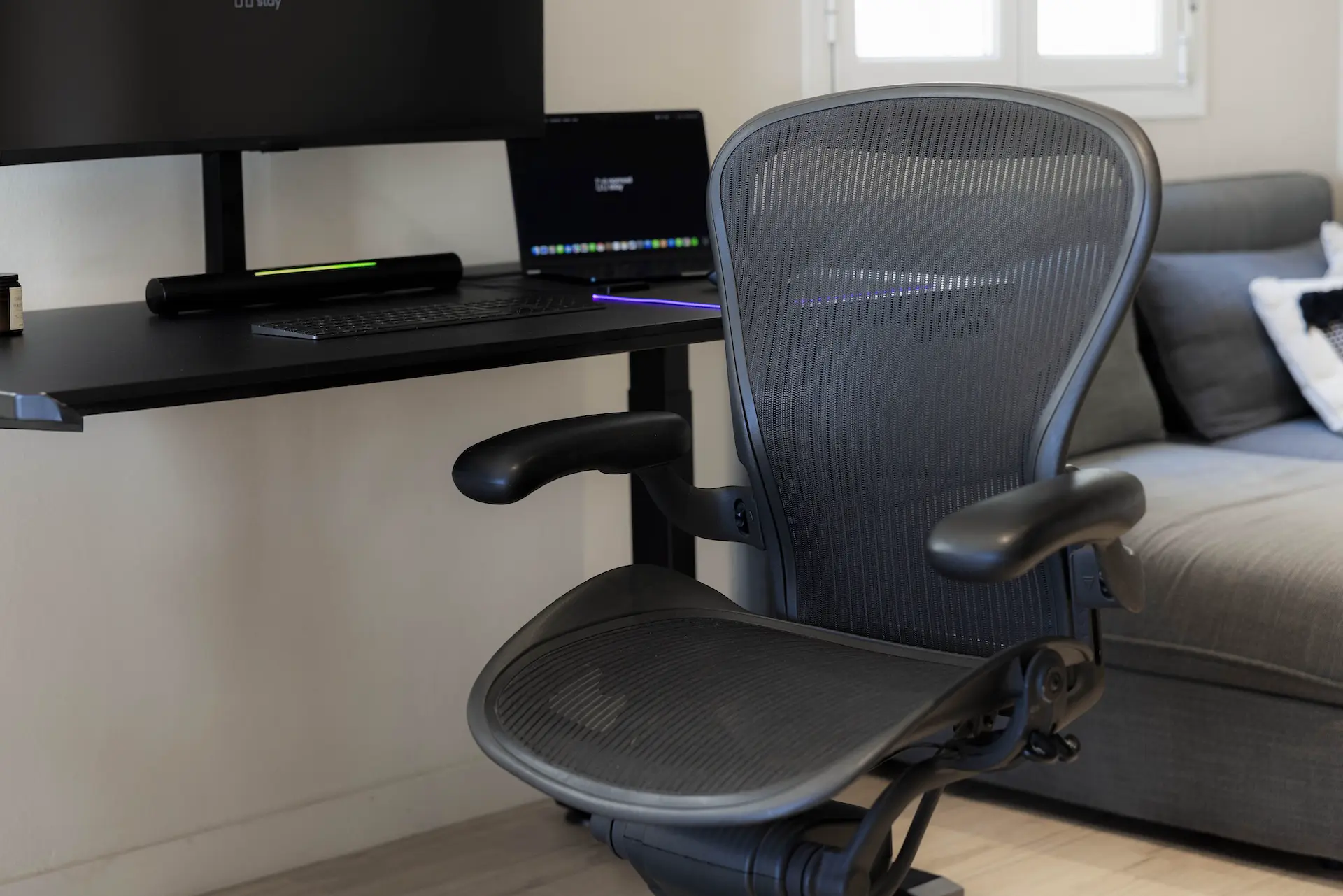The Office Isn’t Dead—But Mandatory Attendance Should Be
Forcing employees back to the office is holding businesses back. Learn about remote-ready solutions that are redefining productivity for the modern workforce.

The Office Isn’t Dead—But Mandatory Attendance Should Be
Let’s Get Real About the Office Debate
Offices aren’t dinosaurs—at least, not yet. The real villain isn’t the physical office itself, but the mandatory part of "mandatory attendance." Let's explore why flexibility, not forced presence, is the future.
The Hybrid Mindset: Freedom Over Forced Attendance
Employees now crave choice—where to work, how to work, when to work. So here's the million-dollar question: If offices aren't extinct, what's their new role?
Problem #1: The Dreaded 'Butts-in-Seats' Culture
Ever notice how some managers still measure productivity by counting heads instead of outcomes? Mandatory attendance policies aren't just outdated—they’re morale killers, creativity crushers, and productivity drainers.
Forcing Attendance is Out of Sync
We live in an era of Slack, Zoom, and Notion—yet some offices still act like it's 1999. Mandatory attendance overlooks the very real evolution in work habits, leading employees straight to burnout or disengagement.
The Hidden Costs of Mandated Presence
Innovation Suffers
Innovation doesn’t clock in at 9 AM sharp—it thrives on trust and freedom. Research backs this up: according to a 2023 Gartner study, teams with flexible working conditions report increased innovation and collaboration.
Goodbye, Talent (and Happiness)
Forced attendance is a quick route to losing top talent. If you restrict employees to an outdated, inflexible office setup, don’t be surprised when they pack their desks for competitors offering better options.
Scaling Becomes a Nightmare
Sticking strictly to one geographical location restricts your talent pool dramatically. Companies lose access to brilliant minds and diverse perspectives when they refuse to evolve with the modern, distributed workforce.
The Office: Great Tool, Bad Master
When the Office Works
Offices are fantastic—for collaboration, team-building, and those tricky projects that really do benefit from face-to-face interaction. The issue isn’t the office itself, but forcing everyone into it day after day, regardless of necessity or efficiency.
Hybrid Isn’t Just Trendy; It’s Strategic
Want happy employees who actually like coming into the office occasionally? Crafting intentional in-person days—think team sync-ups, brainstorming sessions, or quarterly kick-offs—builds culture without killing flexibility.
Solution: Choose Your Own Workspace Adventure
Flexibility as Policy
Smart companies let their teams decide: home, coworking, office—whatever suits their work and life best. Happier employees, increased productivity, improved morale. Simple math.
RentRemote: Flexibility, Redefined
Enter RentRemote—think Airbnb, but for high-end office spaces. Need a quiet spot to focus? Book it. Collaboration day with the team? Done. It’s workspace without the chains. No hard sell here, just a smarter, freer way to work.
Objectives, Not Attendance Sheets
Good leadership sets clear goals, trusts employees, and measures outcomes—not attendance. KPIs over clock-ins every day of the week.
Wrapping It Up
Forced Attendance, Meet Your End
Offices aren’t dying; mandatory presence is. Flexible policies drive innovation, attract talent, and boost business performance.
The Future is Flexible
Smart companies are already adapting, removing barriers with platforms like RentRemote. Tomorrow’s winners aren’t clinging to desks—they’re embracing flexibility.
Adapt now, lead later. Flexibility isn't a perk anymore; it's the new professional baseline.





















